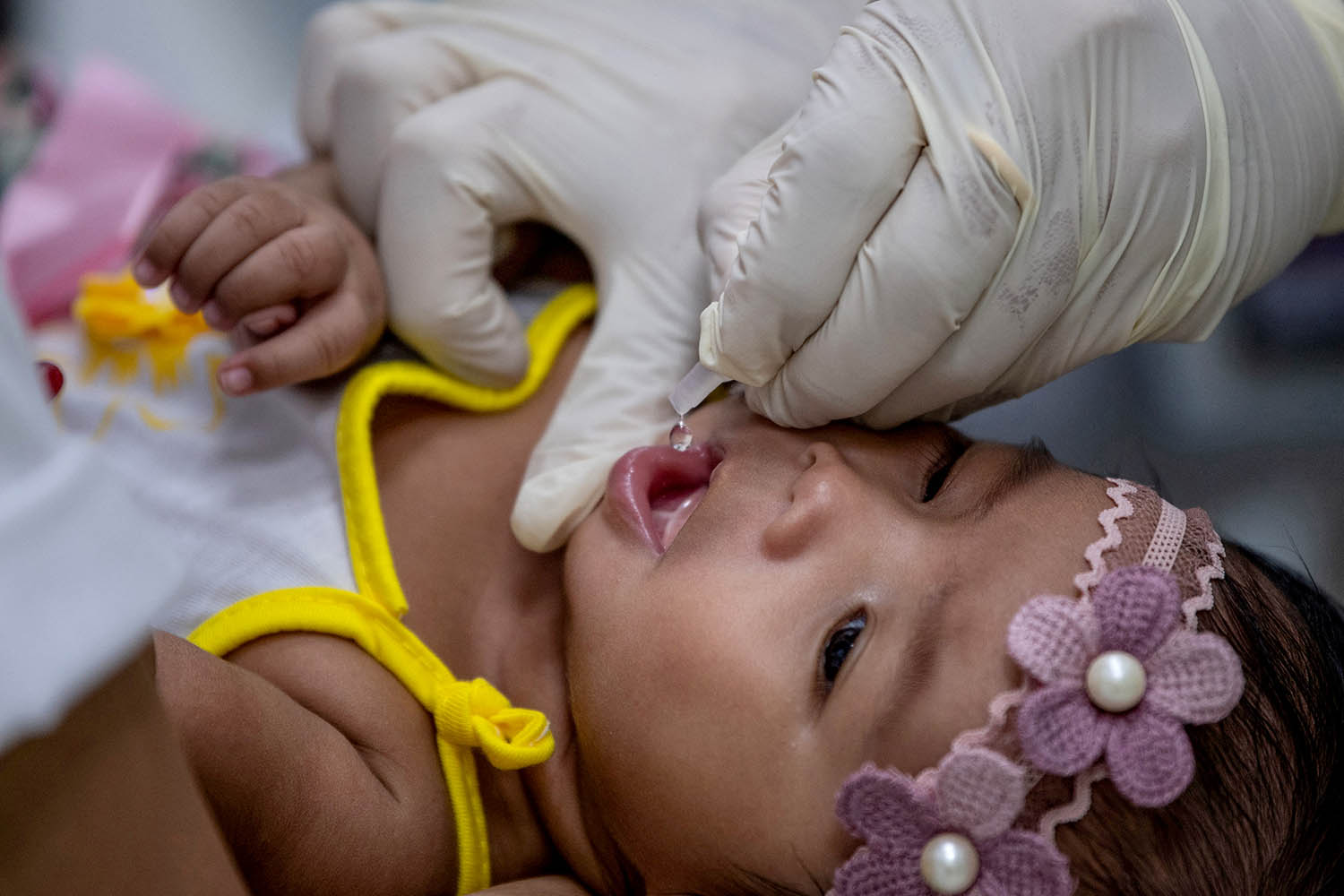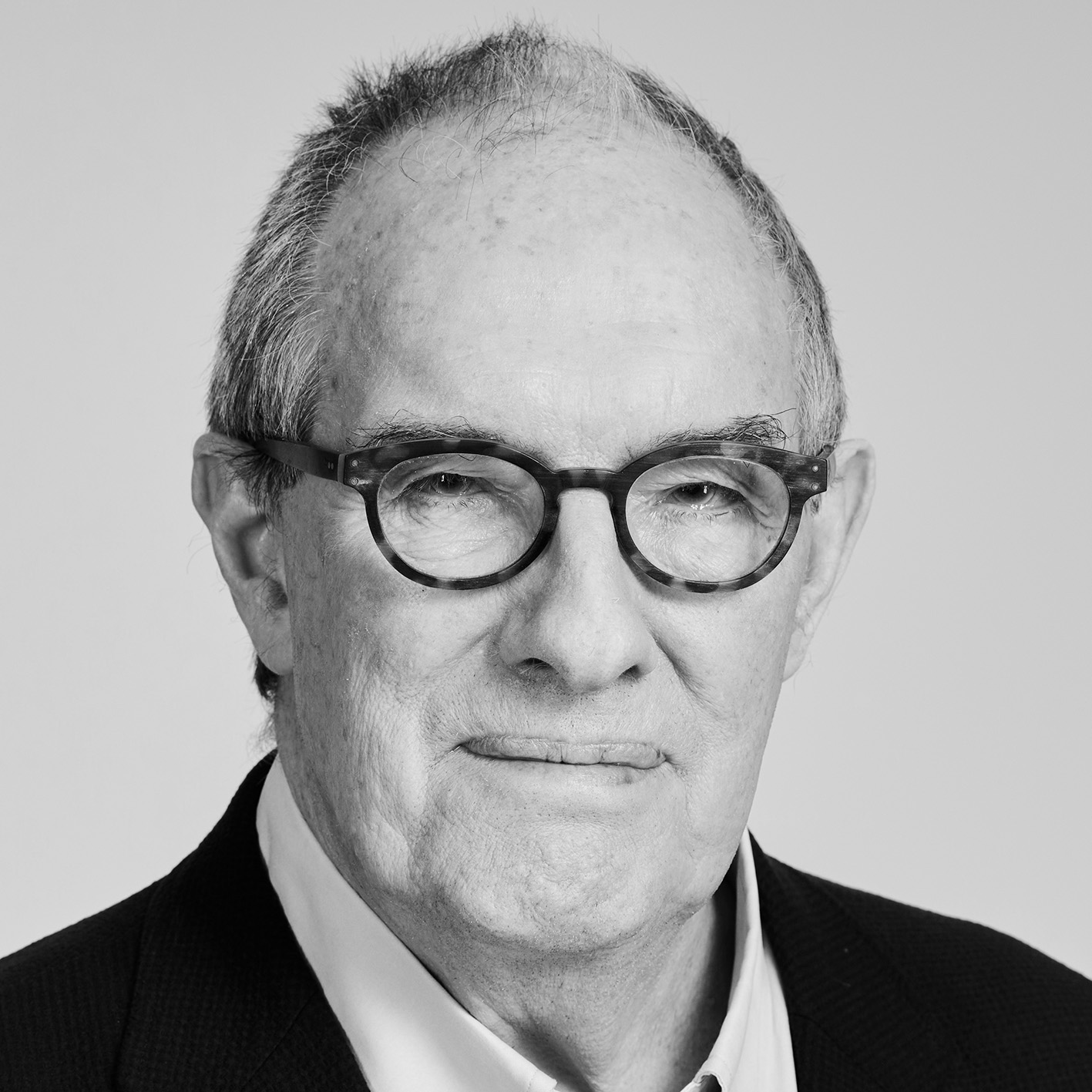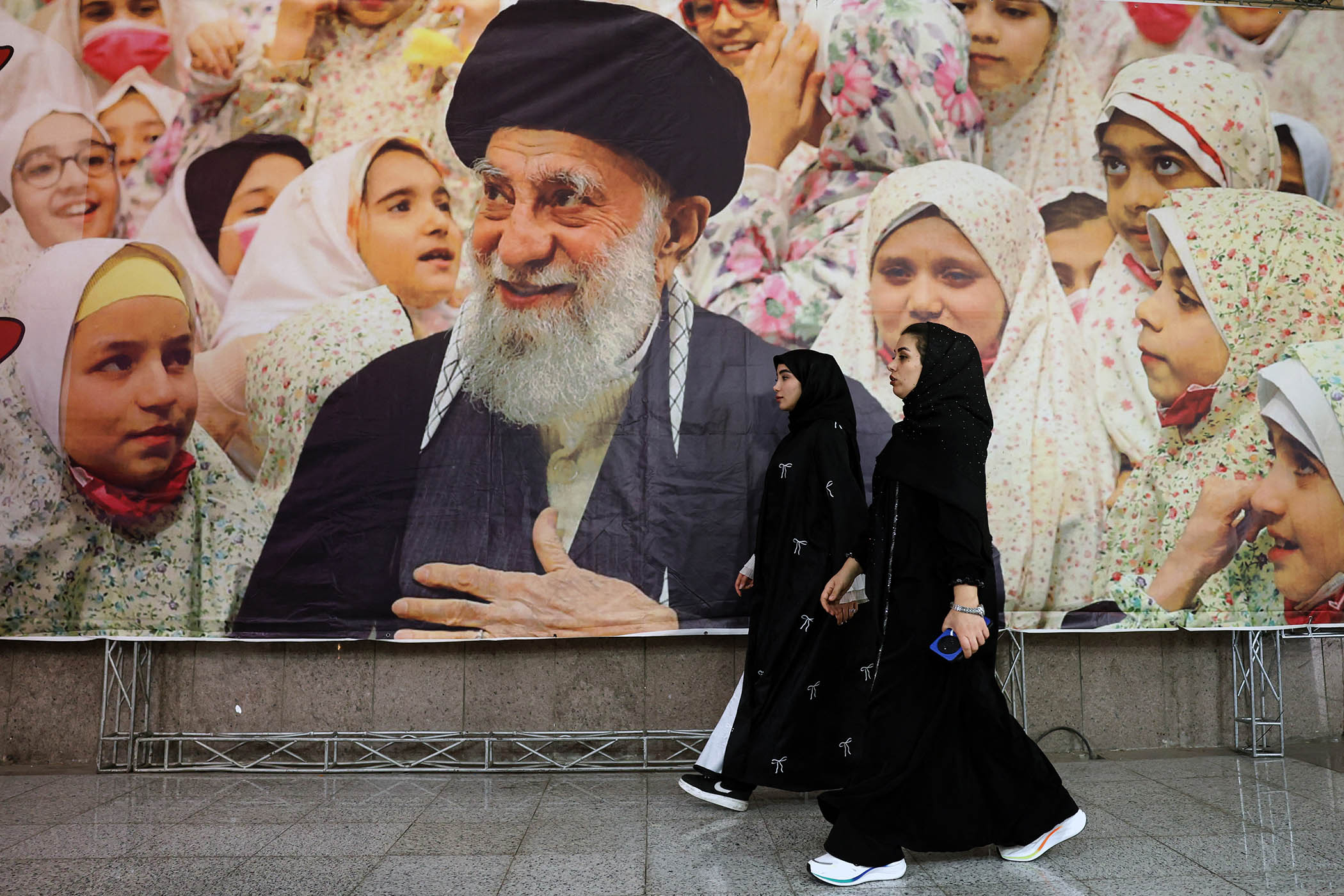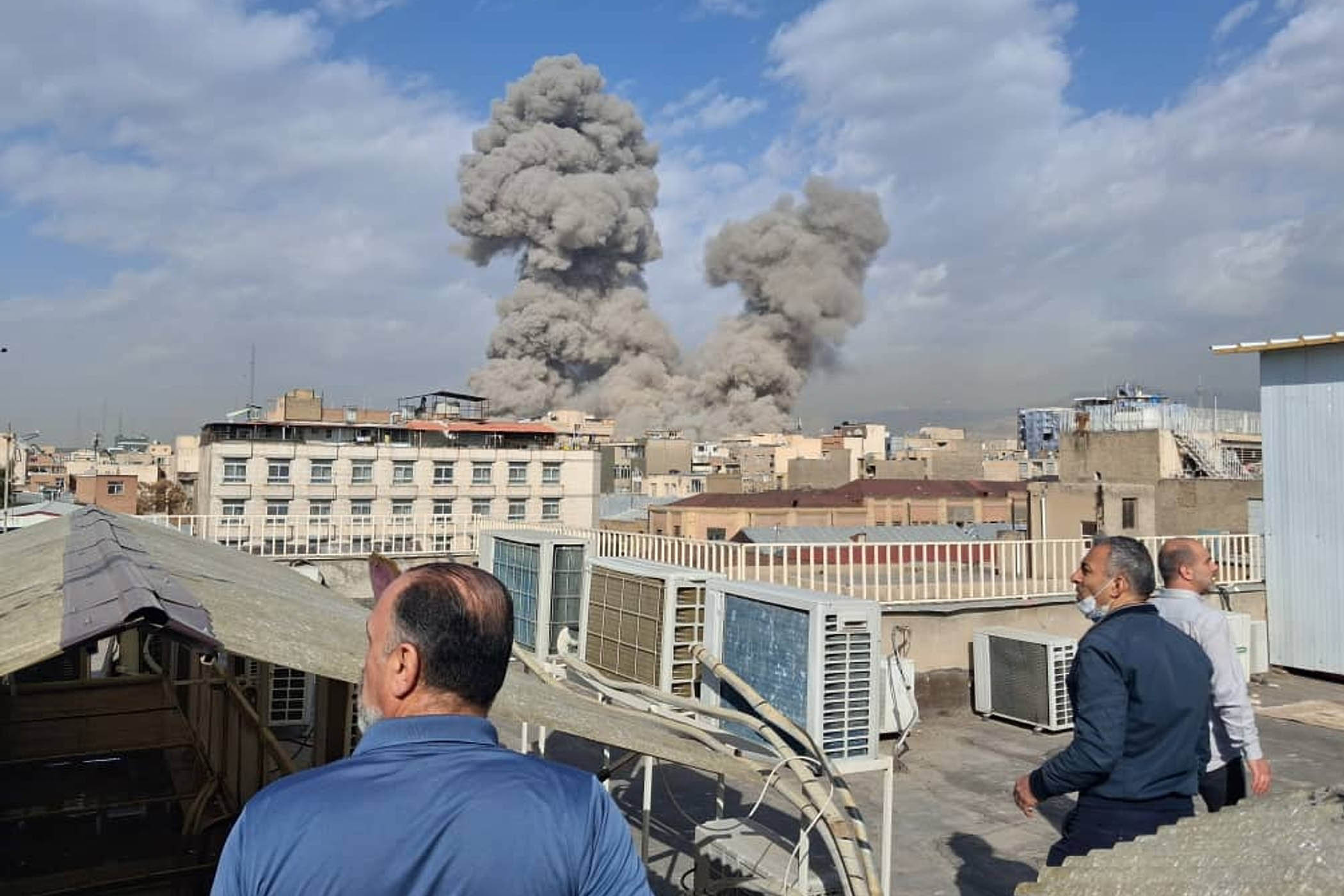A tragedy is unfolding in 2025 as a result of a sudden catastrophic reversal of life chances for the world’s children. In the next five years, at least 14 million deaths, including 4 million children under five, are expected as a result of massive aid cuts implemented or planned by the G7.
As a result of the cuts to UK funding alone, according to the One Campaign, tens of millions fewer children will be vaccinated against life-threatening diseases. What’s more, hundreds of thousands of children will lose out on food delivered by the UN World Food Programme.
Loss of vaccination is but one of no less dramatic and concerning developments. According to the UN, 333 million children live in extreme poverty (defined as living on less than £1.58 a day), and this is set to get much worse. US cuts in funding for HIV treatment in Africa will lead to one million more children becoming infected with HIV, 2.8 million more being orphaned and half a million dying from infection because of loss of access to life-saving drugs.
Overseas aid is too often presented as costly altruism when the priority must be at home. Yet poverty, and the death and disease that spring from it, threatens all of us,donors and recipients alike, especially when cuts involve reducing or eliminating vaccination programmes.
Put to one side, if you must, the moral argument that we should not walk by while so many innocent lives are lost, and families face intolerable poverty, hunger and suffering. Disadvantaged communities with malnourished and unvaccinated people are a reservoir for the global spread of serious infectious diseases to our vulnerable and unvaccinated populations here. We have especially good reason to be concerned about such a risk today, not least in the shadow of a recent pandemic.
Newsletters
Choose the newsletters you want to receive
View more
For information about how The Observer protects your data, read our Privacy Policy
In the US, the administration is actively undermining confidence in immunisation and dismantling the rigorous scientific assessment that leads to national vaccine policy, which until now has been a gold standard for policy in many countries. Two children have died in Texas from measles, but rather than strongly endorsing the urgent need for the MMR vaccination, health secretary Robert F Kennedy JR Jnr (RFK jr) indicated that natural immunity was good and promoted the use of cod liver oil.
Immunity after measles infection is excellent, but it is no help if you are already dead from the disease. Vaccination, introducing weakened strains of viruses or bacteria as an injection into a muscle, triggers and intensifies the “natural” process of immunisation – a process tried and tested for more than two centuries. Indeed, our immune system works in exactly the same way to provide us with immunity after a safe dose of MMR as it does, for the survivors, after exposure to the wild measles virus.
Thus, the only risk-free way to get good immunity and be sure that your child is still alive is through vaccination with MMR. Cod liver oil contains vitamin A, which does not prevent measles, and there is no evidence in high-income countries of its benefits in treatment, though it reduces complications from measles in malnourished children in low-income settings. The US was declared to have achieved measles elimination in 2000 by the World Health Organisation, but data released this week showed that this year there have been 1,288 confirmed cases across 39 states and it is almost certain that elimination status will be lost this year. Kennedy has also made comments that cause confusion about the (proven) safety of the DTP vaccine (our “six-in-one”), which is used all over the world and prevents six killer diseases: diphtheria, tetanus, whooping cough, polio, Hib (which can lead to meningitis) and hepatitis B.
Before the early versions of this vaccine were recommended for children in the UK in 1963, hundreds of thousands of cases of these Victorian diseases occurred every year, with thousands of deaths. Faced with unfounded claims and comments that lead to uncertainty about vaccines, there is a risk that more parents will be hesitant about vaccination this year, meaning more American children vulnerable to potentially fatal infections.
In June, Kennedy fired all members of the advisory committee on immunisation practices (ACIP) and appointed a group that included members with no vaccine expertise and others who have been associated with the anti-vaccination movement, further damaging the scientific credibility of ACIP and trust in US vaccine leadership.
American children are at grave risk as a result of a regime that is antagonistic to one of the cornerstones of child health that keeps them healthy and alive. Since the WHO began to roll out vaccines globally in 1974, some 154 million lives have been saved by vaccination. But the diseases they prevent are still out there, waiting to pick off the vulnerable and unvaccinated. If aid cuts and anti-science rhetoric is allowed to reduce vaccine uptake, children will die in huge numbers.
The geopolitical situations in the Ukraine, Gaza, Iran and Sudan are concerning enough. No less threatening is the mounting pandemic-scale threat posed to our children as a result of the G7’s reductions in international aid and the growing American anti-vaccine rhetoric. This is already spreading beyond the US: in the UK, vaccination rates are decreasing for some diseases, including measles, with the coverage falling towards or below the critical thresholds at which all of us are safe. We lost our measles elimination status in 2019.
The bright beacon of hope protecting global child health aid and supporting immunisation policy which has served us well for decades has been all but snuffed out. In Britain the once fulgent light from DFID, and now FCDO, will diminish as the aid cuts bite in 2026/7. Instead of standing against the trend, we are part of it.
As social and medical scientists who know the suffering for children and their families that shamefully now is guaranteed to lie ahead, we feel obliged to sound the tocsin.
Professor Andrew Pollard is director of the Oxford Vaccine Group and Ashall professor of infection and immunity at the University of Oxford. Will Hutton is president of the Academy of Social Sciences
Photograph by Ted Aljibe/AFP via Getty



